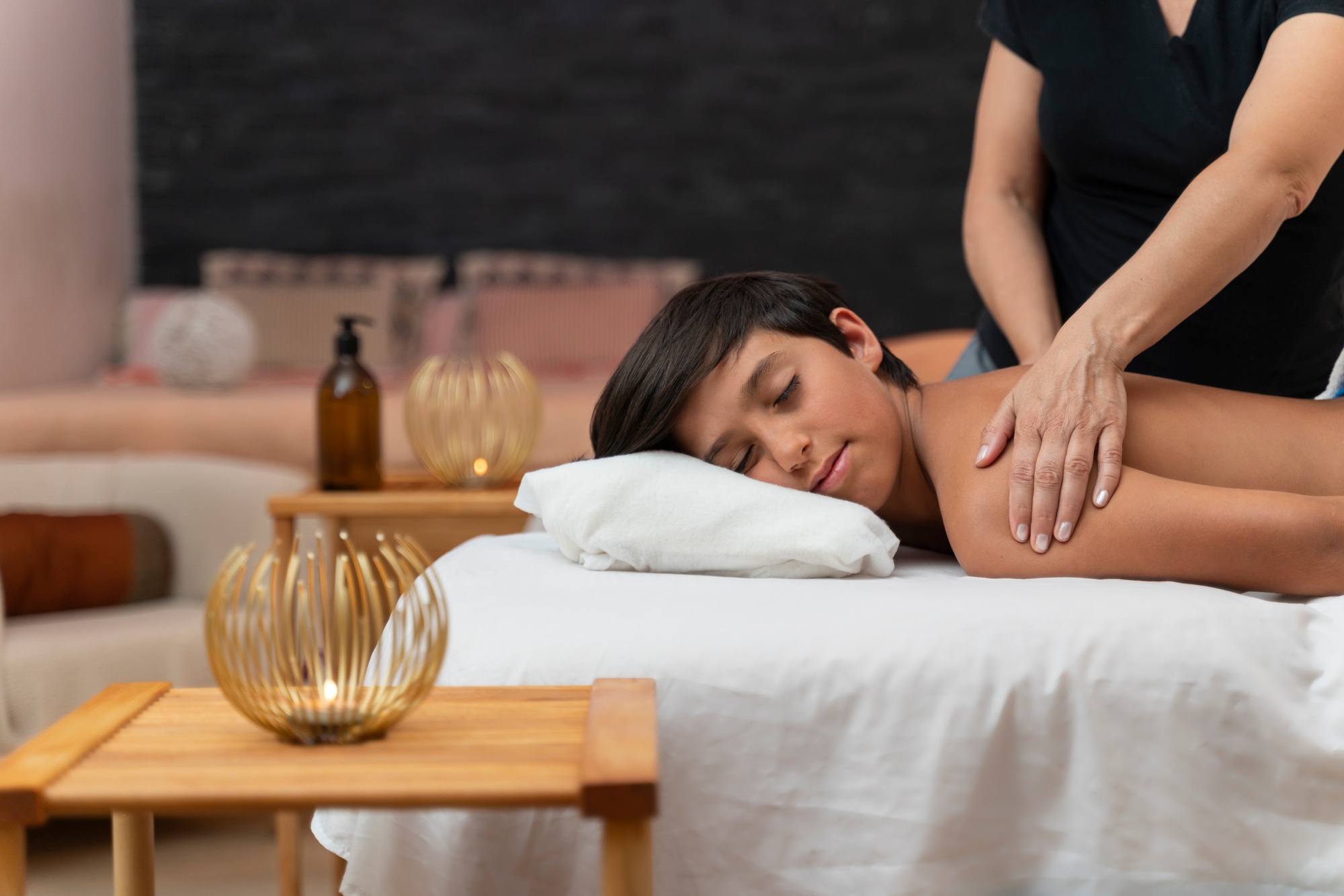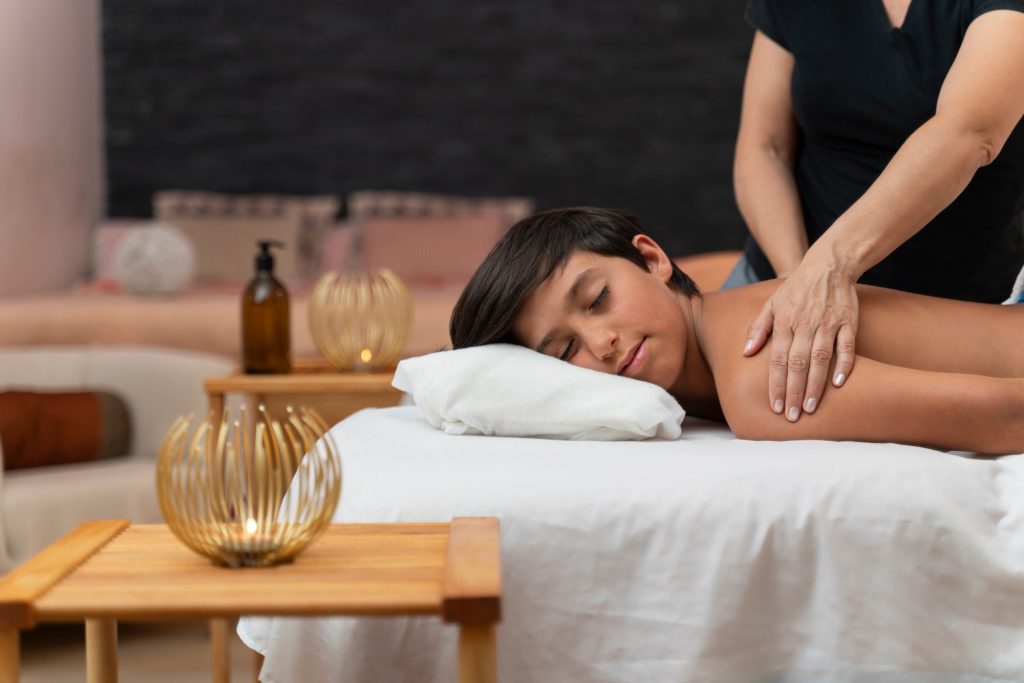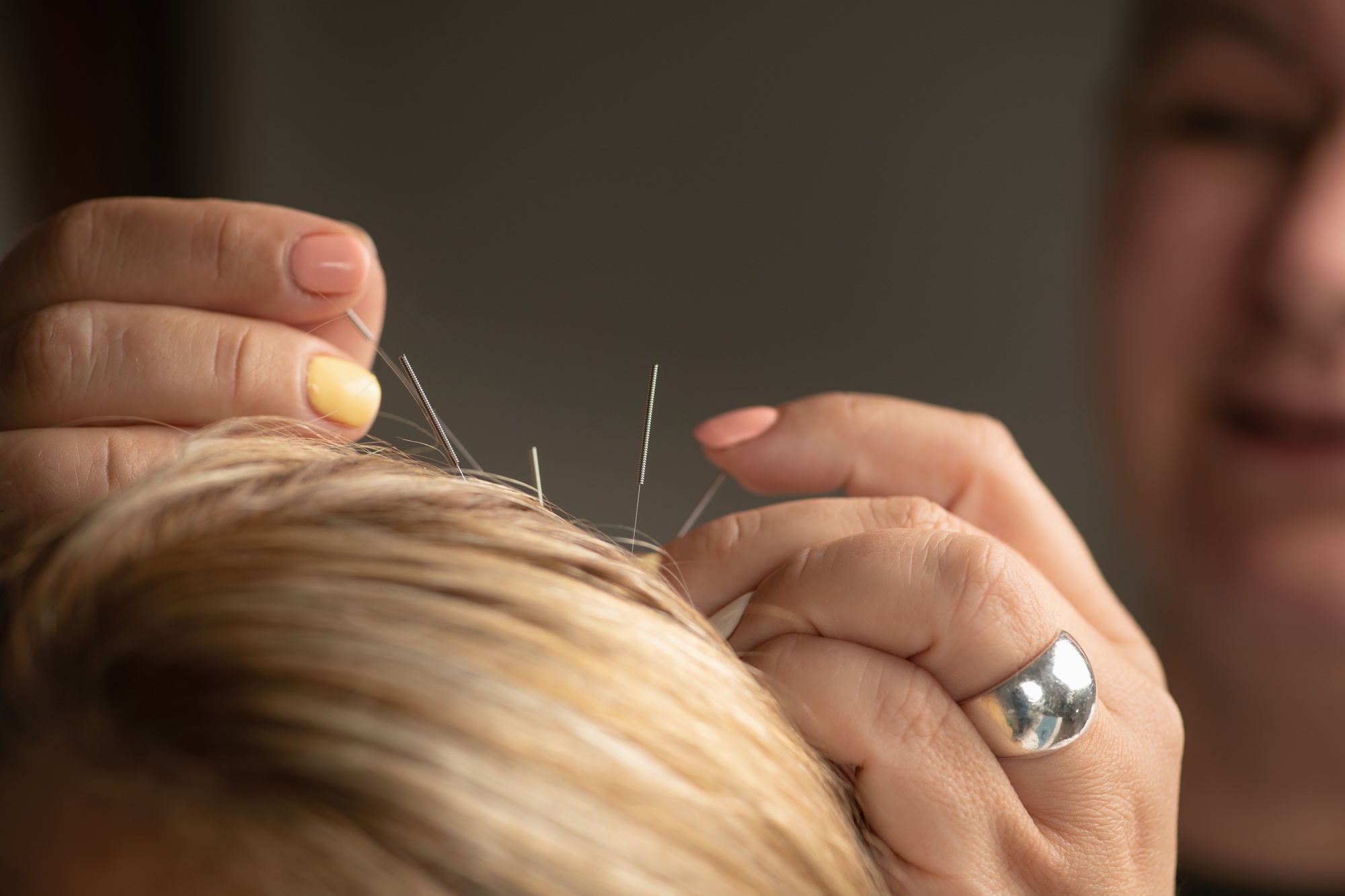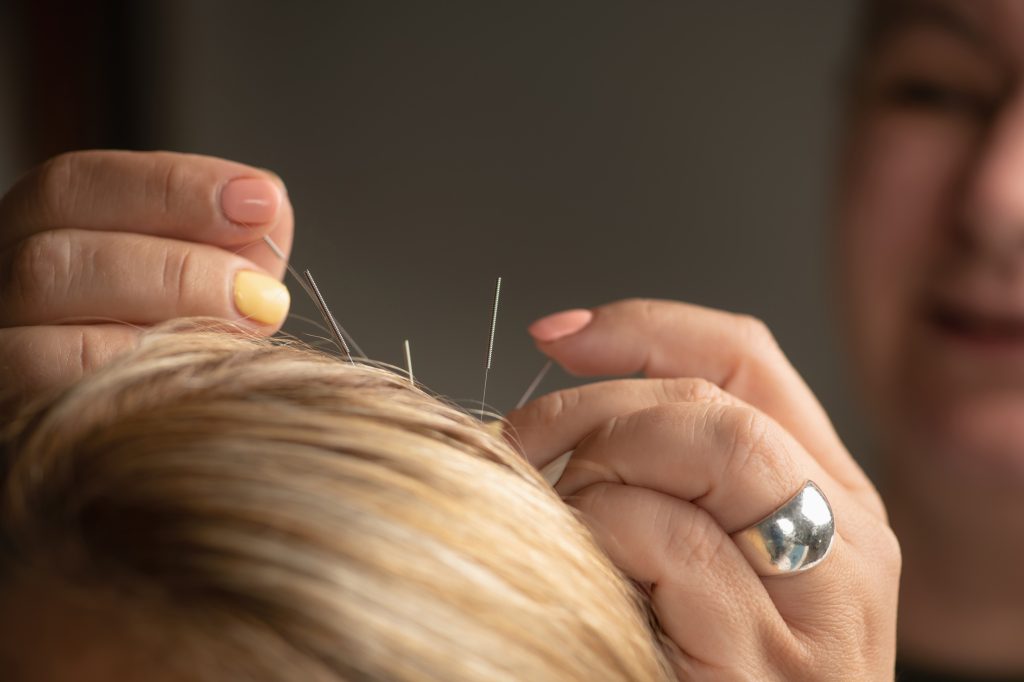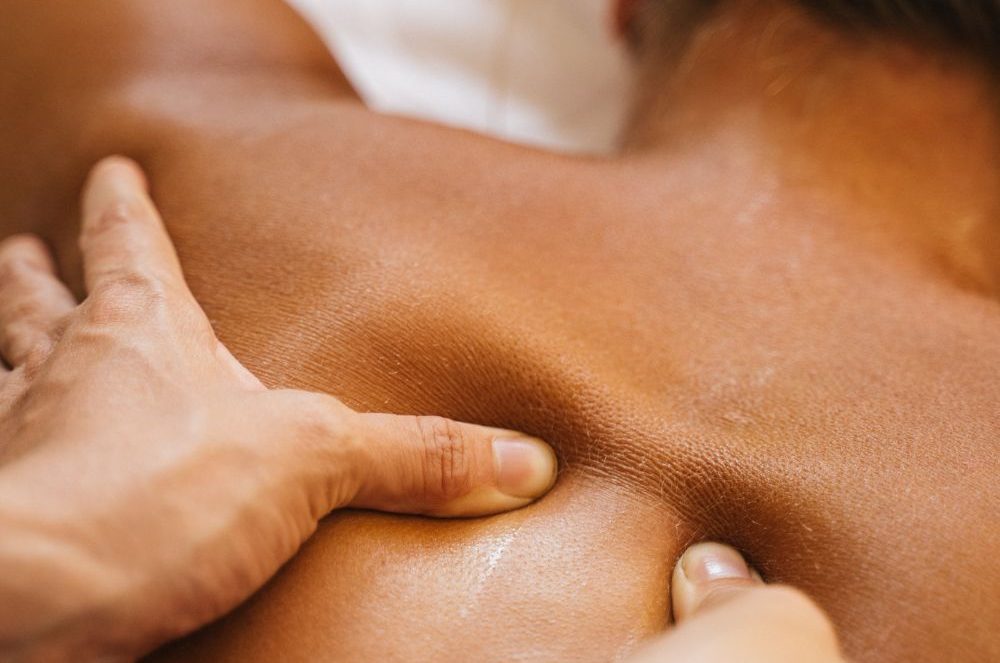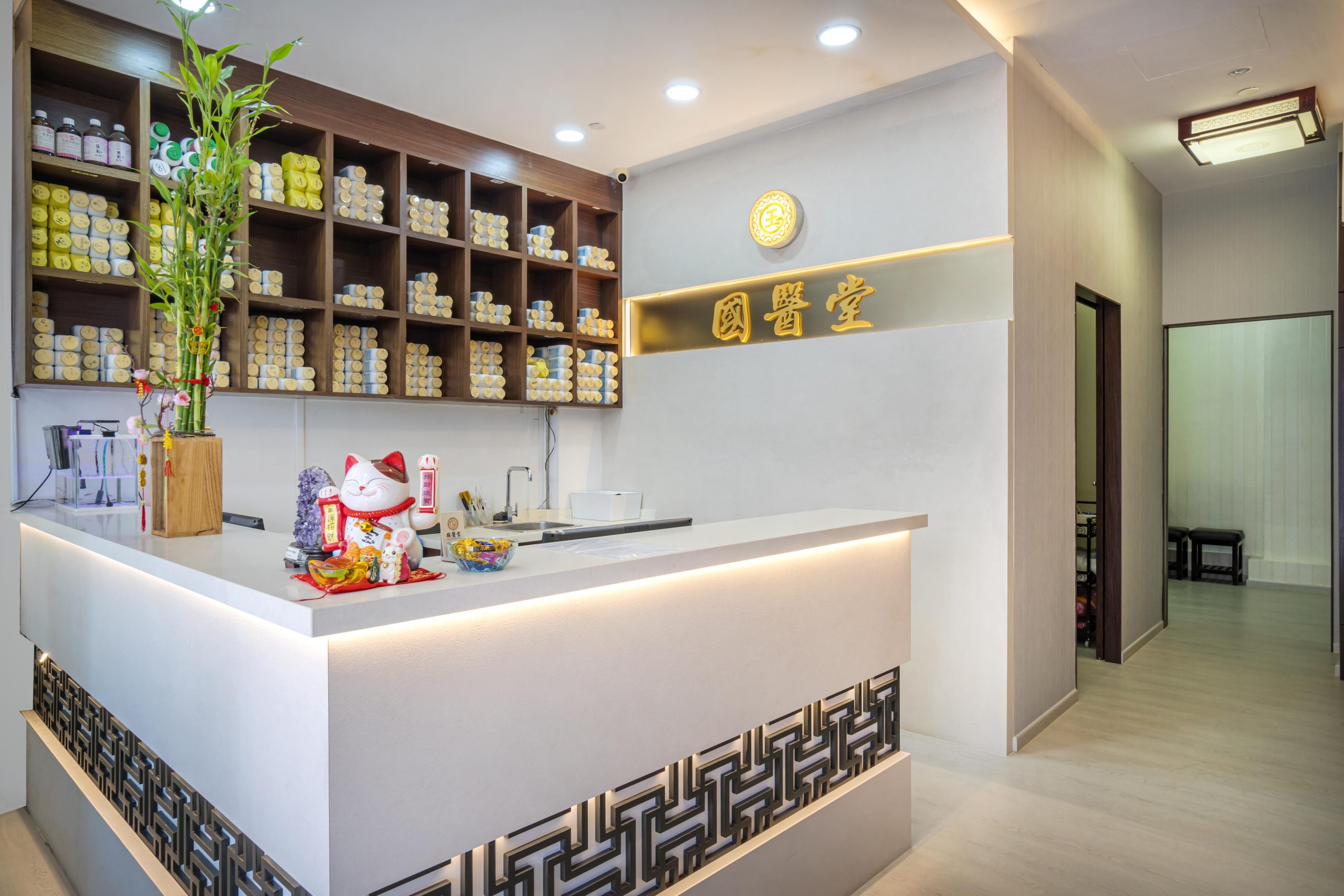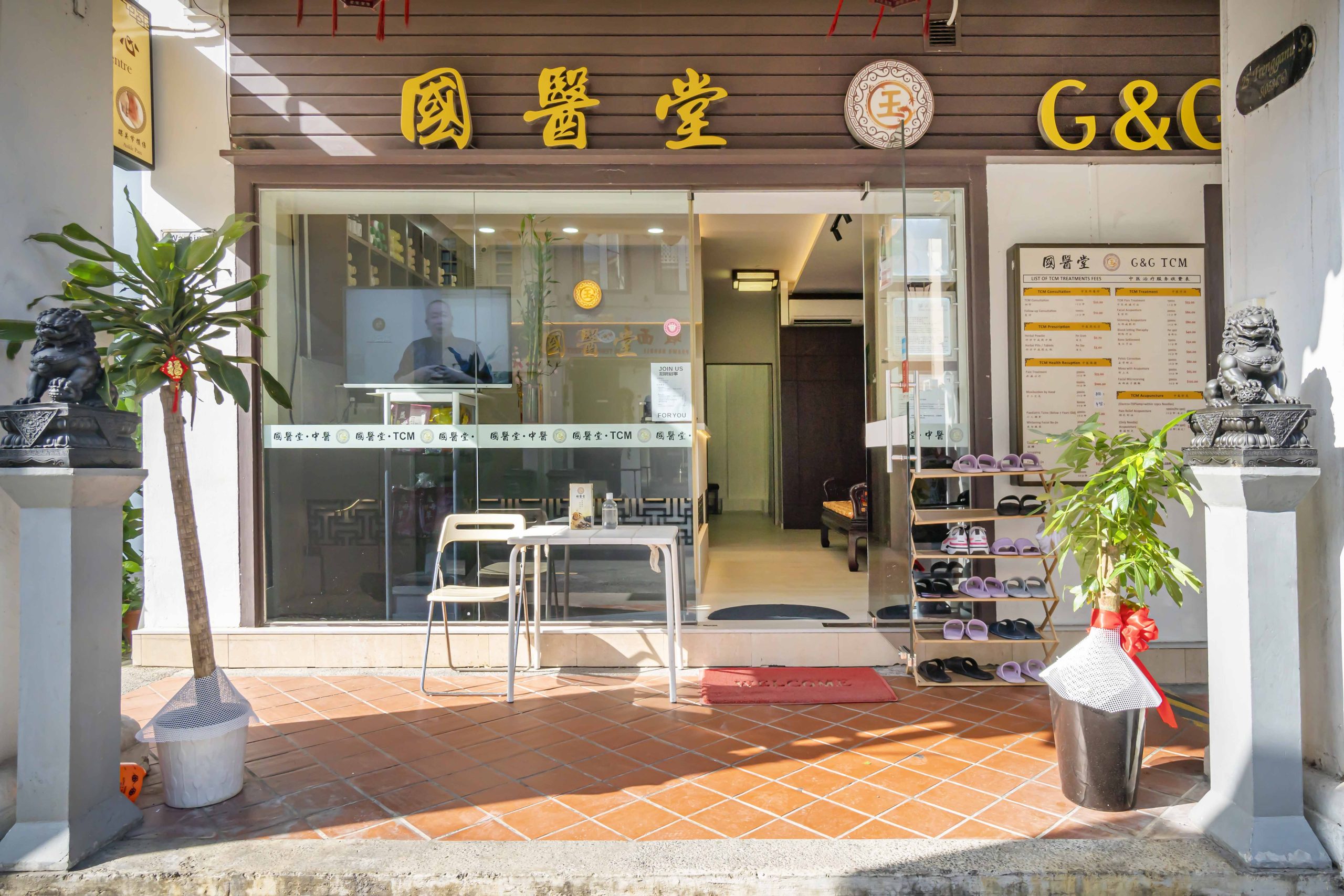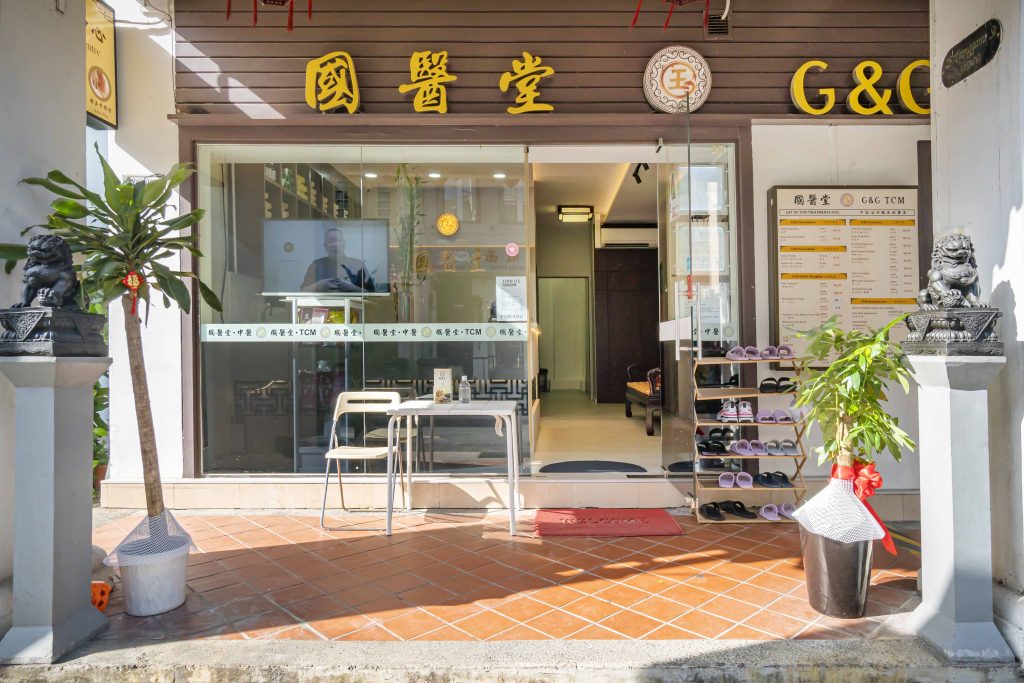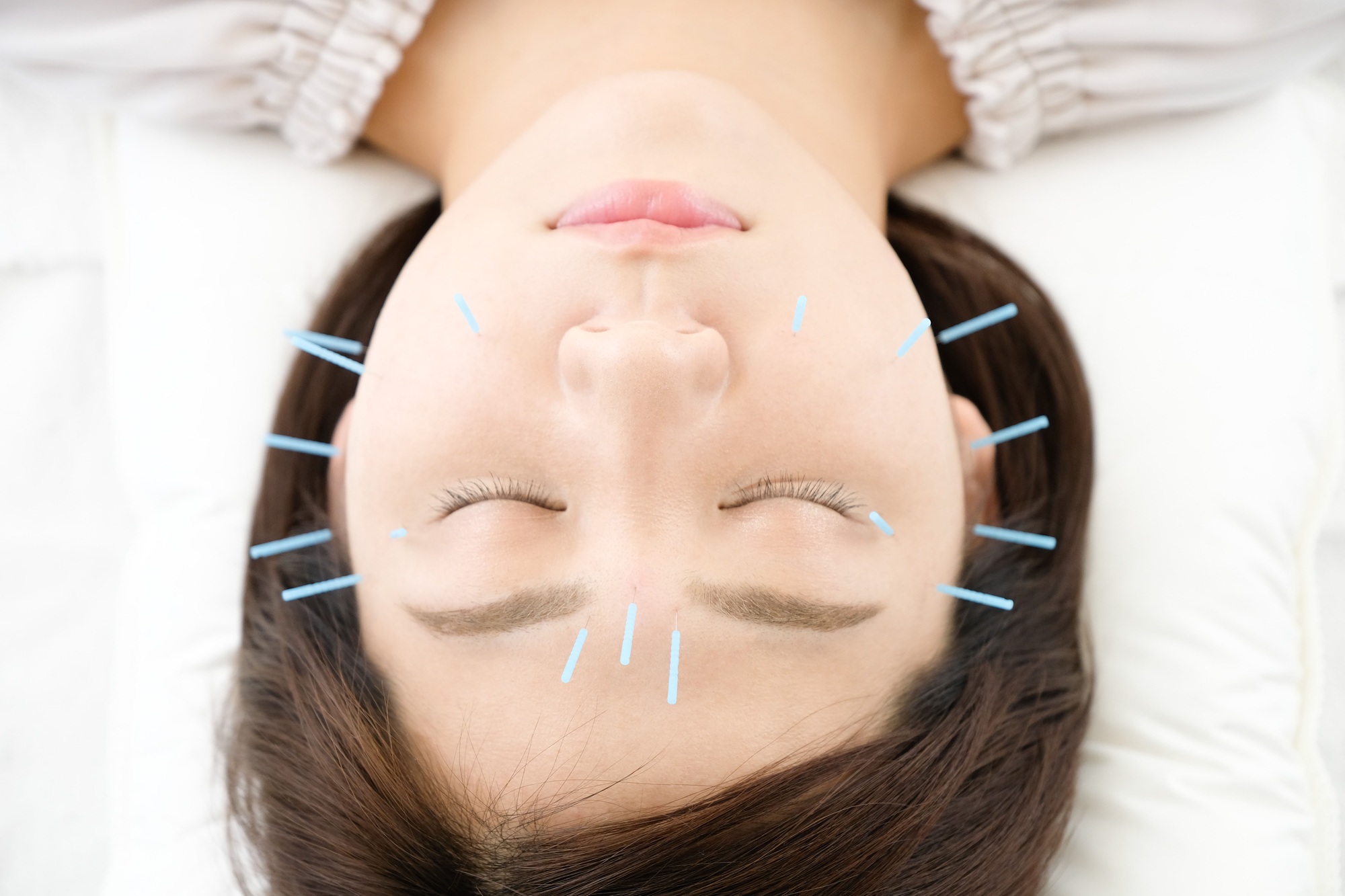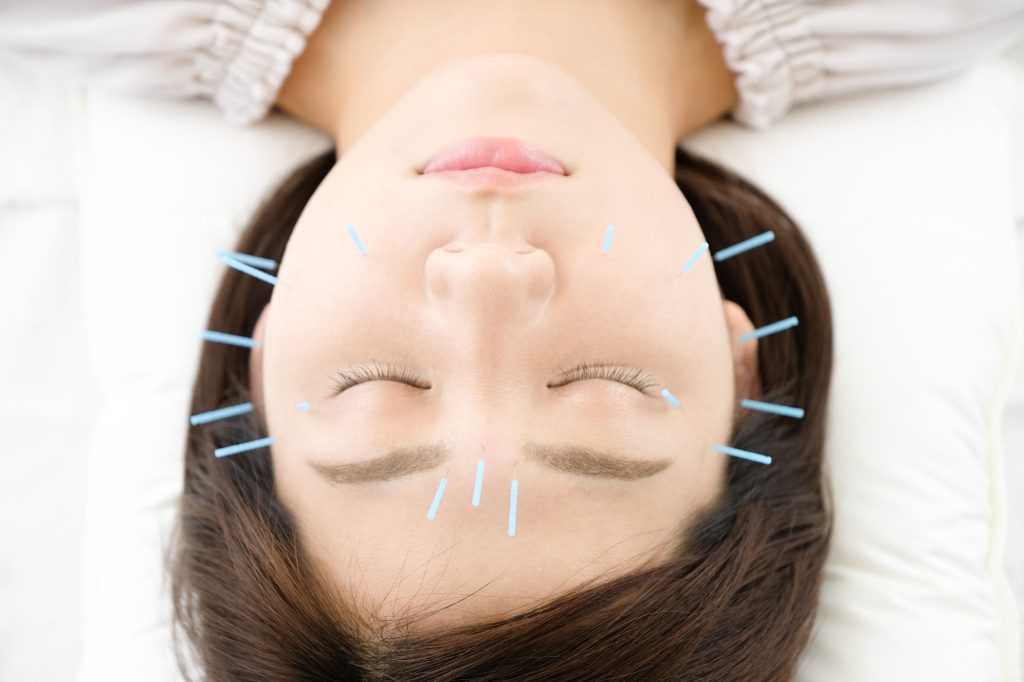Transform Your Health with the Powerful Cupping and Tui Na Combo
Experience the Power of the Cupping and Tui Na Combo
When you think about the cupping and tui na combo, you picture a deeply therapeutic treatment that addresses both surface tension and deep muscle issues. This powerful Traditional Chinese Medicine (TCM) combination is designed to promote blood flow, relieve muscle stiffness, and support overall wellness. Unlike stand‑alone therapies, this duo works together to deliver more comprehensive results for body and mind.
At G&G TCM Medical, our team offers expert‑guided sessions that combine the suction therapy of cupping with the skilled manual techniques of tui na. We tailor each session to your needs, ensuring that you receive the maximum benefit from every treatment.
Why Combine Cupping and Tui Na?
Cupping uses gentle suction to lift the skin and underlying tissue, encouraging circulation and easing tension. Tui na, on the other hand, is a therapeutic massage technique that uses kneading, rolling, and pressing to target muscle stiffness and joint issues.
When combined, these therapies amplify each other’s benefits. Cupping prepares the muscles by improving blood flow, while tui na works more effectively on relaxed tissue, reducing pain and improving flexibility. The result is faster relief, deeper relaxation, and longer‑lasting effects compared to either treatment alone.
Health Benefits of the Cupping and Tui Na Combo
- Pain relief – Alleviates chronic muscle and joint pain by improving circulation and reducing inflammation.
- Stress reduction – Releases built‑up tension and promotes a calm, balanced state of mind.
- Improved mobility – Restores range of motion and helps maintain joint health.
- Detoxification – Encourages lymphatic drainage, helping remove metabolic waste from the body.
- Enhanced recovery – Speeds up muscle repair after intense activity or injury.
These benefits make the cupping and tui na combo ideal for athletes, office workers, and anyone seeking effective natural pain management.
What to Expect During a Session
Our team begins with a detailed consultation to understand your health concerns and goals. Cupping is typically performed first, using either traditional fire cupping or modern suction cups. This stage improves circulation and loosens tight muscle fibers.
Next, tui na techniques are applied to target specific problem areas. Depending on your condition, we may use deep tissue pressure, gentle rolling motions, or joint mobilization. Each session is adapted to suit your comfort level and physical needs.
Aftercare Tips for Best Results
To maximize the benefits of your cupping and tui na combo session:
- Stay warm and avoid exposure to cold immediately after treatment.
- Drink plenty of water to aid in detoxification.
- Rest and allow your body time to recover.
- Avoid intense exercise for 24 hours after your session.
Following these guidelines helps extend the positive effects of the treatment and supports overall healing.
Traditional Roots, Modern Care
While rooted in ancient TCM practices, the cupping and tui na combo remains highly relevant today. It is used worldwide to address musculoskeletal pain, promote relaxation, and improve overall health. At G&G TCM Medical, we blend this traditional wisdom with modern clinical expertise to provide a safe, effective, and personalized therapy experience.
How Often Should You Get the Cupping and Tui Na Combo?
Frequency depends on your health goals and current condition. For acute pain or recent injuries, our team may recommend weekly sessions for the first few weeks to promote faster recovery. For chronic pain, posture issues, or ongoing stress relief, scheduling the cupping and tui na combo every two to four weeks can help maintain results and prevent symptoms from returning.
If you are using the treatment for general wellness and relaxation, a monthly session is often enough to keep muscles supple and your body in balance. We always assess your progress and adjust the treatment plan to ensure you get the most benefit without over‑treating.

Experience Holistic Healing Today
The cupping and tui na combo is more than just a therapy, it’s a complete approach to restoring balance and relieving discomfort. Our skilled practitioners at G&G TCM Medical combine decades of TCM knowledge with compassionate care to help you achieve lasting wellness. Learn more and book your session at G&G TCM Medical to experience the difference for yourself. If you’re interested in gentle, effective therapy for your little ones, explore our dedicated service for Tui Na for Kids to support their health and development naturally.
FAQs Section
What is the cupping and tui na combo?
The cupping and tui na combo is a Traditional Chinese Medicine treatment that combines suction therapy (cupping) with therapeutic massage techniques (tui na) to improve circulation, relieve muscle tension, and promote overall wellness.
Is the cupping and tui na combo painful?
Most people find the treatment relaxing, though mild discomfort can occur if muscles are very tight. Cupping may leave temporary circular marks, which usually fade within a few days.
How long does a typical session last?
A standard session usually takes 45–60 minutes, depending on your condition and the areas being treated.
How often should I get the cupping and tui na combo?
For acute pain, weekly sessions are recommended until improvement is noticeable. For maintenance or general wellness, once every two to four weeks is usually sufficient.
Who should avoid this treatment?
People with certain health conditions such as severe skin problems, bleeding disorders, or recent fractures should consult a qualified practitioner before undergoing the cupping and tui na combo. Pregnant women should also seek medical advice first.


